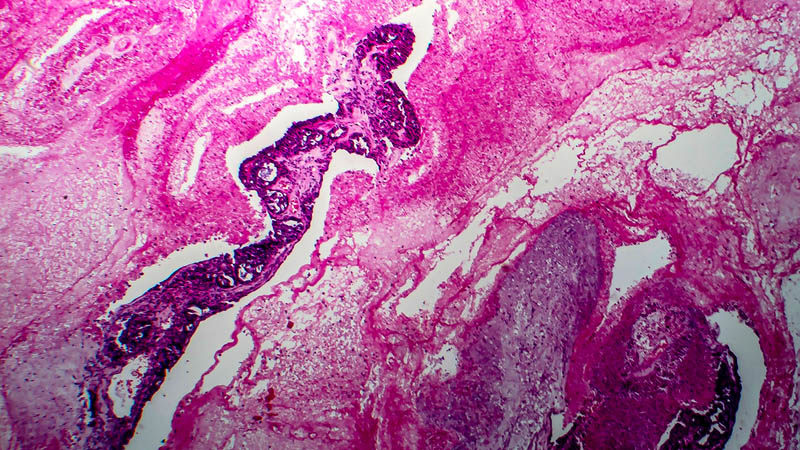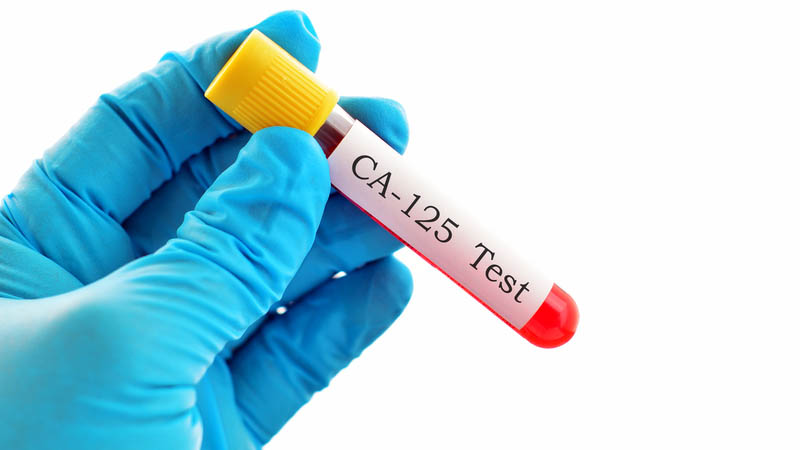Vulvar cancer – limitations of current management options and potential role of immune therapy
Jacek J. Sznurkowski, Dariusz Wydra, Janusz Emerich
 Affiliacja i adres do korespondencji
Affiliacja i adres do korespondencjiCurrent standard of management of squamous cell vulvar cancer appears overly aggressive for early clinical stages (FIGO I and II), where true incidence of lymph node metastases is below 20%, and far too conservative for late stages (FIGO III and IV), where no effective complementary treatment is available. In view of these facts, entirely novel therapeutic approach should be developed in order to improve treatment outcomes. Nowadays, the role of immune therapy in oncology is increasing rapidly. New antigens and new therapeutic techniques are introduced. Cancer antigens discovered to date may be classified into: widespread antigens – present both in malignant cells and in several normal tissues (MUC2, PRAME, SART-1, RU-1); differentiating antigens – present in malignant cells and in their normal predecessors (CEA, PSA and melanoma antigens: gp100, MART-1, tyrosinase); cancer-specific antigens – present only in malignant cells (ras oncogene, ß-catenin, CDK4, MUM-1); cancer/testis antigens (C/TA), which normally are present in the testes only. The aim of this paper was to present an update on C/TA, this being a relatively novel, poorly understood and very promi sing family of antigens. Absence of C/TA antigens beyond cancer tissue and their exquisite ability to induce immune response (both cell- and humoral-mediated), makes them an attractive target for immune therapy, particularly in the females.









